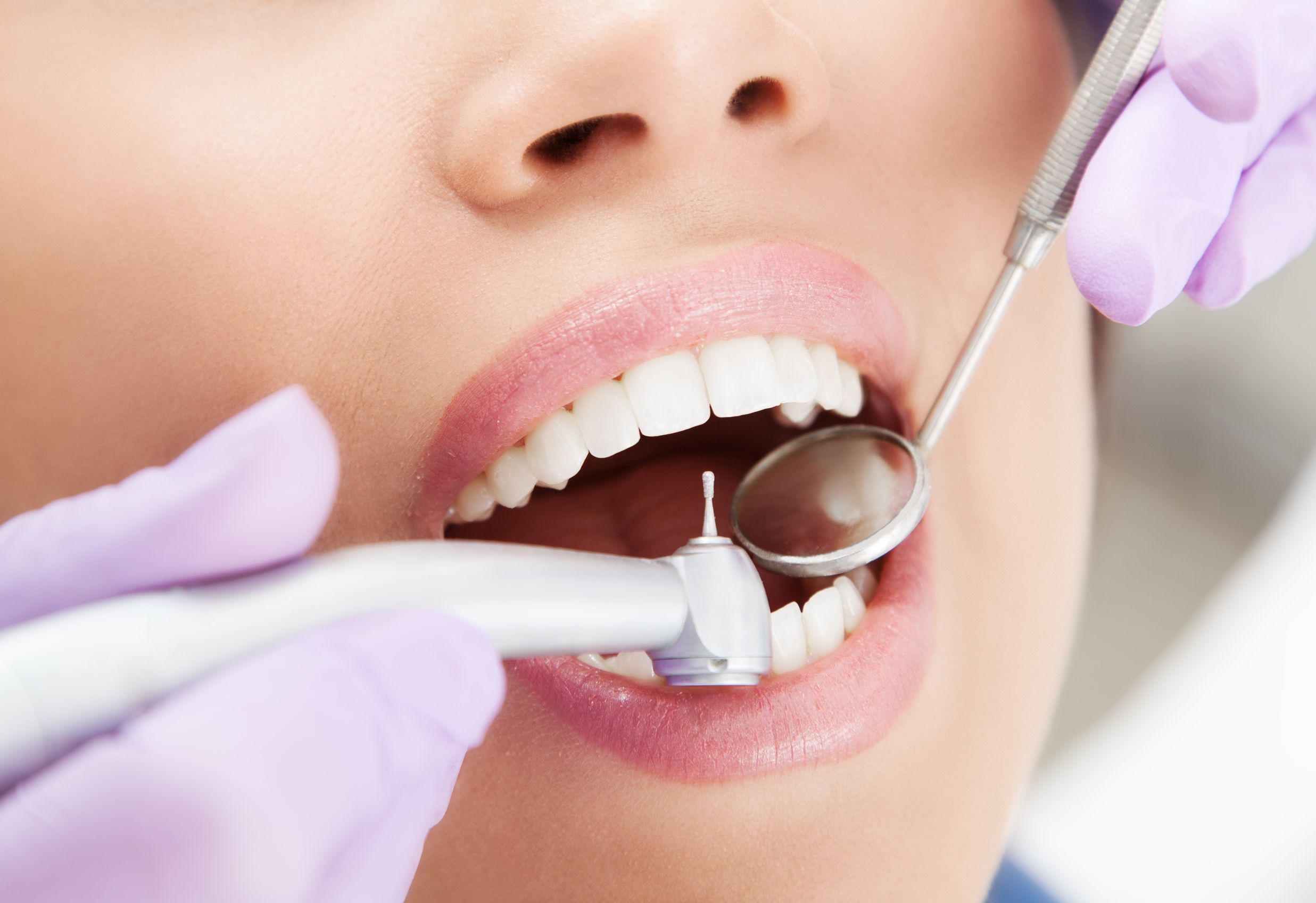From a purely technical point of view a pediatric dentist is no different than a family dentist; the big difference comes into play in the way this dental specialist deals with the dental needs of children and youngsters. A pediatric dentist in Jacksonville may see patients as young as 12 months and in many cases well into the late teens. One of the primary tasks of the pediatric dentist is to educate his or her patients from a very young age on proper dental care and hygiene. It is a well documented fact that things which are learned early in life stay as lifelong habits, one of which of course is oral health.
A pediatric dentist is trained to diagnose and treat conditions which have an effect on the youngster’s teeth, gums and mouth. A pediatric dentist has a genuine care and love for children; they have endless patience when dealing with their young charges as many children have an inborn fear of the dentist.
Many parents started their practice of using a pediatric dentist for cleaning their children teeth; this is one of the most common treatments given by this specialist. As the dentist is going about the cleaning process, he or she can discuss the right and wrong ways to approach teeth cleaning at home; these discussions also include information and instructions on the correct way to floss and the correct tooth brush to use. The dentist will talk to the young patient, instilling in the child the number of times that the teeth should be cleaned during a normal day as well as the correct way to brush.
The pediatric dentist in Jacksonville area periodically will take X-Rays of the child’s teeth; this gives the dentist the opportunity to see the progress of teeth as the child matures. The X-Rays are normally compared from one visit to another to ensure that the adult teeth are forming below the gum line properly and there is no need for concern. It is possible for the dentist to determine in advance if orthodontic correction may be in store in the future.
The pediatric dentist performs the same routine treatments as any dentist; attending to cavities or perhaps extracting a tooth. The dentist usually performs a fluoride treatment on a child’s teeth as a way of ensuring that cavities will be kept at bay as long as possible.







